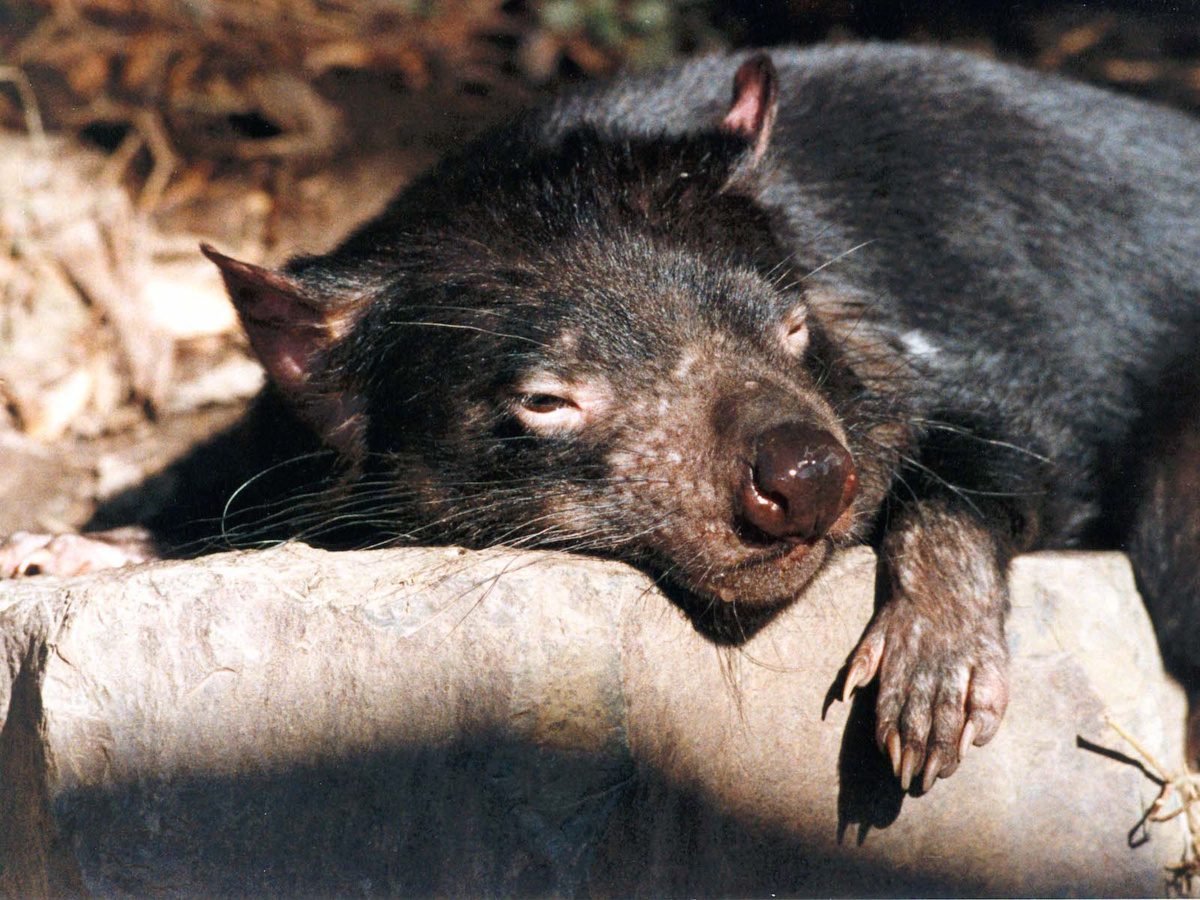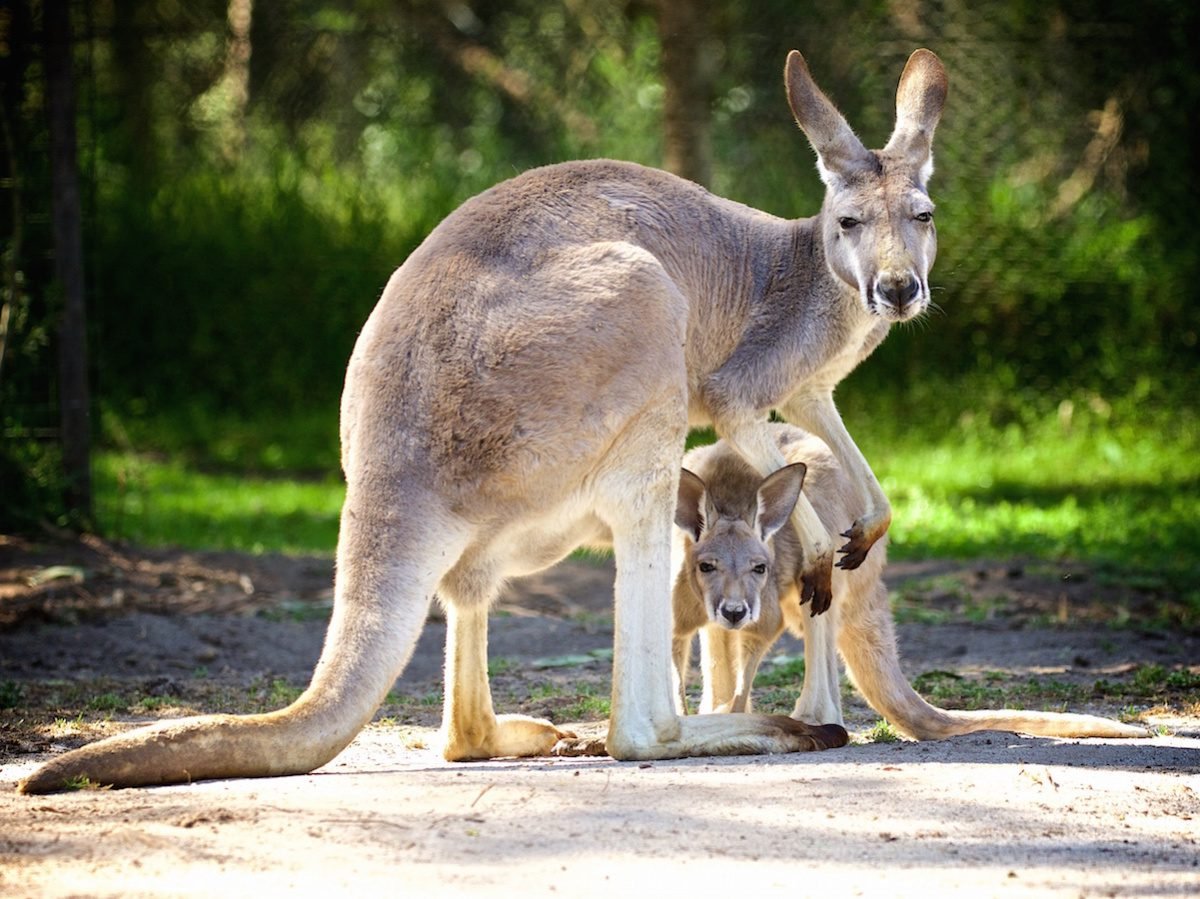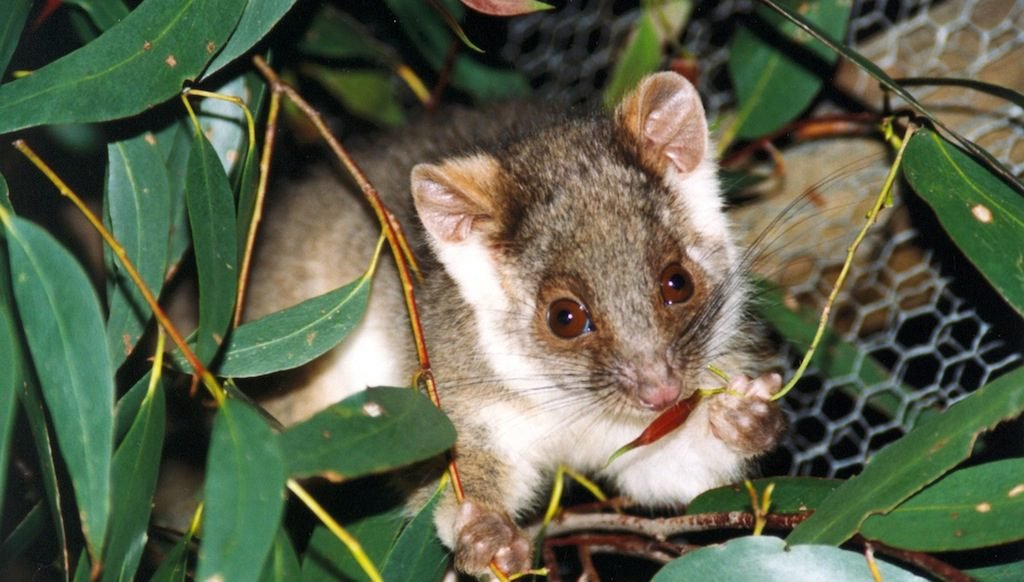Diabetic animals are usually taken to vets with one of two types of problems: Excessive drinking and eating and weight loss that has become worse slowly over a long period. Occasionally with loss of appetite in the last day or two and occasionally with vomiting; or A sudden onset of fitting. However diabetes is NOT a likely cause for fitting. …
Australian Wildlife
in the Beginning ….. Origins Australia’s unique mammal fauna is to some extent explicable with the Australian continent itself. It was once part of Gondwanaland, a southern super-continent that also included those land masses we now recognise as South America, Africa, India, Madagascar and New Zealand. Through continental drift they separated. The native mammals of Australia are derived from two sources; …
Bilbys for Easter
The Bilby is one of Australia’s unique creatures. It is easily recognised by its long, rabbit-like ears, and long soft blue-grey fur. The Bilby once roamed over most of mainland Australia’s semi-arid areas. Today they are found in isolated pockets of central Australia, where only a few thousand remain. This has left the Bilby tentatively balanced on the very edge …
Healesville Sanctuary
As zoos progress from that of menageries to conservation centres, the rationale for keeping animals in captivity has been defined into two categories: Conservation & Research / Education & Recreation Healesville Sanctuary is custodian to one of the remnant vegetation communities left in the Yarra Valley. Surrounded by farms and houses, it has suffered by invasion of weeds and pests. In 1989 …
Wildlife in Captivity
Under no circumstances is it permissible to take native fauna from the wild for the sole purpose of ‘having a pet’. Australia has one of the highest extinction rates of native mammals in the world – nearly 25% of all known species are extinct, endangered or vulnerable. Government funding is limited, public institutions often have their hands unwillingly tied behind their …





